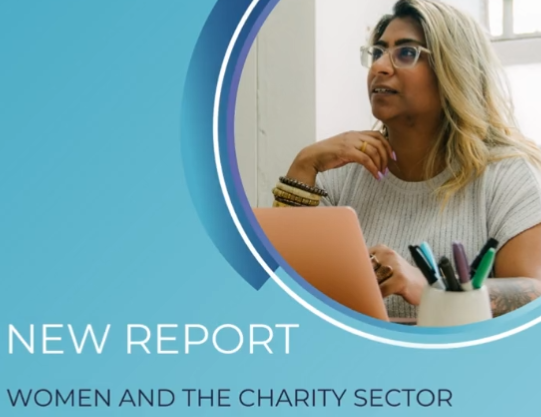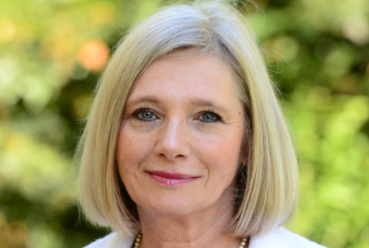The charity sector is being held back by “male dominated decision making” and ongoing gender imbalance in top roles, a think tank’s report has warned.
Pro Bono Economics is concerned that only one in three of the UK’s biggest charities has a female chief executive. This is despite women making up more than two thirds of the UK’s charity workforce and contribute 64% of all hours worked.
It found that only 32 of the top 100 UK charities by income are led by women. Less than half of chief executives of the UK’s oldest charities are women.
Their research included interviews with female charity leaders who revealed they have been mistaken for being a note taker at meetings and mocked for showing emotion.
In addition, men outnumber women by a ratio of two to one as trustees. Less than a third of female trustees are in “the most influential roles” of chair and treasurer.
The think tank also notes that The Sunday Times’ Giving List features only seven independent female philanthropists compared to 69 men.
This imbalance in funding “has negative repercussions” including “women’s and girls’ charities being too often deprioritised and chronically underfunded”.
Figures from two years ago show only 1.8% of £4.1bn grants were awarded to charities focusing on women and girls.
“This is a particular concern given the significant number of organisations in the sector established to provide targeted support to women. There are an estimated 9,900 charities which identify women as a specific beneficiary group and 4,600 charities which have girls as a specific beneficiary group,” according to the report.
PBE estimates women in the charity sector contributed approximately £19bn to the UK economy in 2019, as employees and volunteers.
— Pro Bono Economics (@ProBonoEcon) November 8, 2023
Nevertheless, there is an under-discussed gender imbalance holding the sector back.
Read our new report here 👇:https://t.co/svrL6UYk7G pic.twitter.com/YjyAplgfgO
While the report notes there has been “some improvement” in the charity sector’s gender imbalance in recent years “it has not been fast enough”.
Last month ACEVO chief executive Jane Ide, said the gender pay gap in senior roles in the sector “remains substantial” despite a fall over the last year. The charity leaders’ organisation found the gap in 2023 is 8.3%, down on last year’s figure of 10.8%, but still higher than 2021 when the gap in pay was 7.6%.
Pro Bono Economics is calling for “more consistent support for current and future female leaders in the sector”, with infrastructure bodies needing “to get better at reaching women”. Support should also focus on confidence and network building.
“Across the course of my career, I have been underestimated,” one female charity leader told researchers.
“I can definitely say, looking back, that I've had to work harder to get to where I am. There are various [times] when I've been in a room and I have thought, 'Okay, if I was a man, that wouldn't have happened, or you wouldn't have said that'."
Pro Bono Economics chief executive Matt Whittaker added: “Women are drivers of so much of the good done by the nation’s charities, comprising two-thirds of the sector’s workforce. And they are critical consumers of that good too, with more than 10,000 organisations dedicated to women’s and girls’ issues.
“However, many of the levers of decision-making power in the sector reside predominantly in male hands, whether that be on the boards of charity trustees, among the CEOs of the UK’s biggest and most influential charities, or within the list of the country’s most generous philanthropists.
“Things are improving, but not quickly enough. Charity leaders, boards and funders must play a proactive role in addressing these issues. Driving greater gender balance in the charity sector will help to create a sector that is more reflective of its workforce and users and, ultimately, more effective.”















Recent Stories